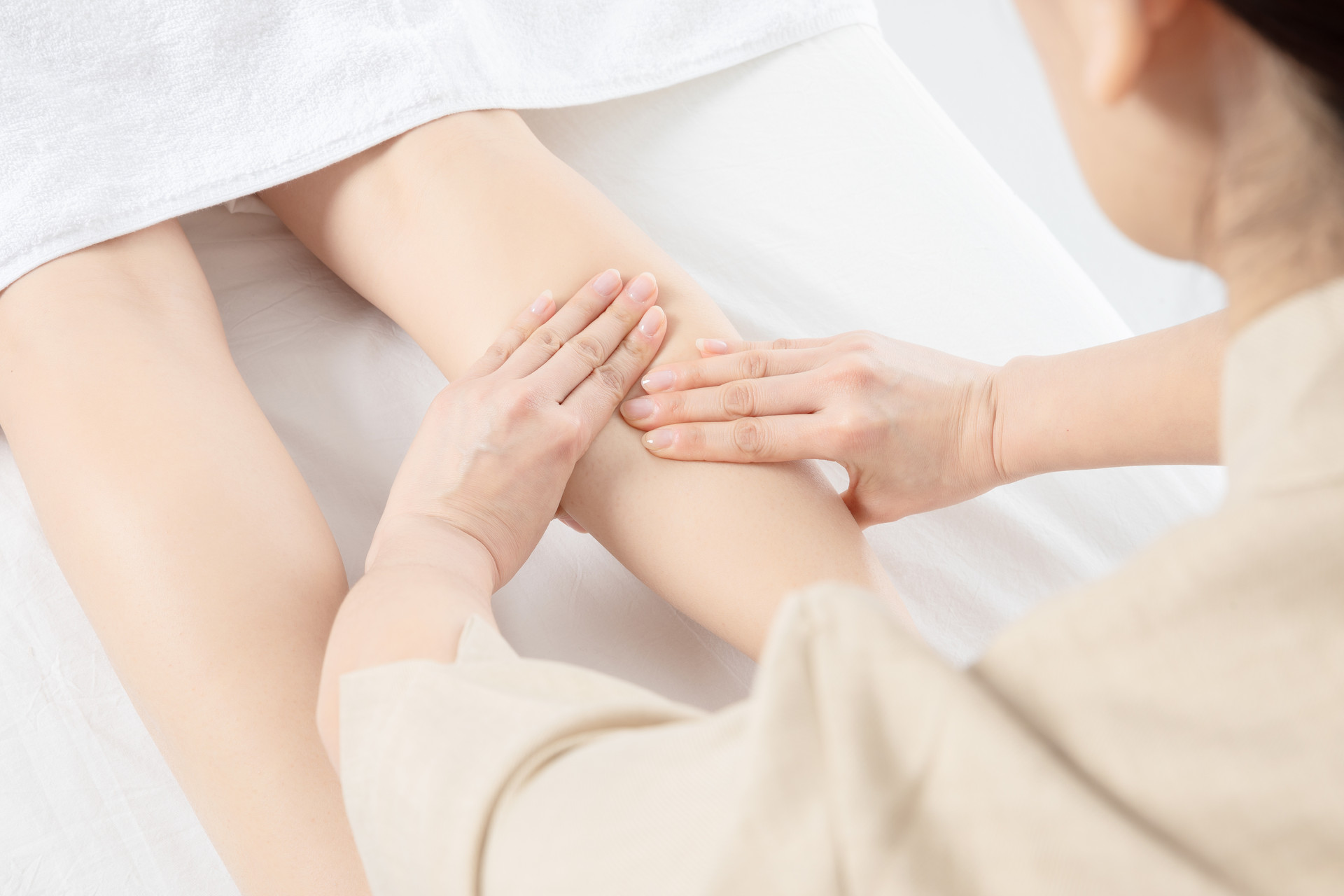Bedwetting

In general, children start controlling their urination at around 3 to 4 years old. If a child continues to wet the bed frequently, more than twice a week, for a period of 6 months or longer

Childhood enuresis refers to a condition where children over the age of 3 urinate in their sleep and only realize it upon waking up. It is commonly known as "bedwetting". In infants and toddlers under

Enuresis is a common pediatric disease in children over 3 years old, characterized by involuntary urination during sleep, commonly known as "bedwetting". Although this condition can be prevented to so

During infancy, children's brains and organs are still developing, and their ability to control urination is poor. By the time a child reaches the age of three, this phenomenon gradually disappears.